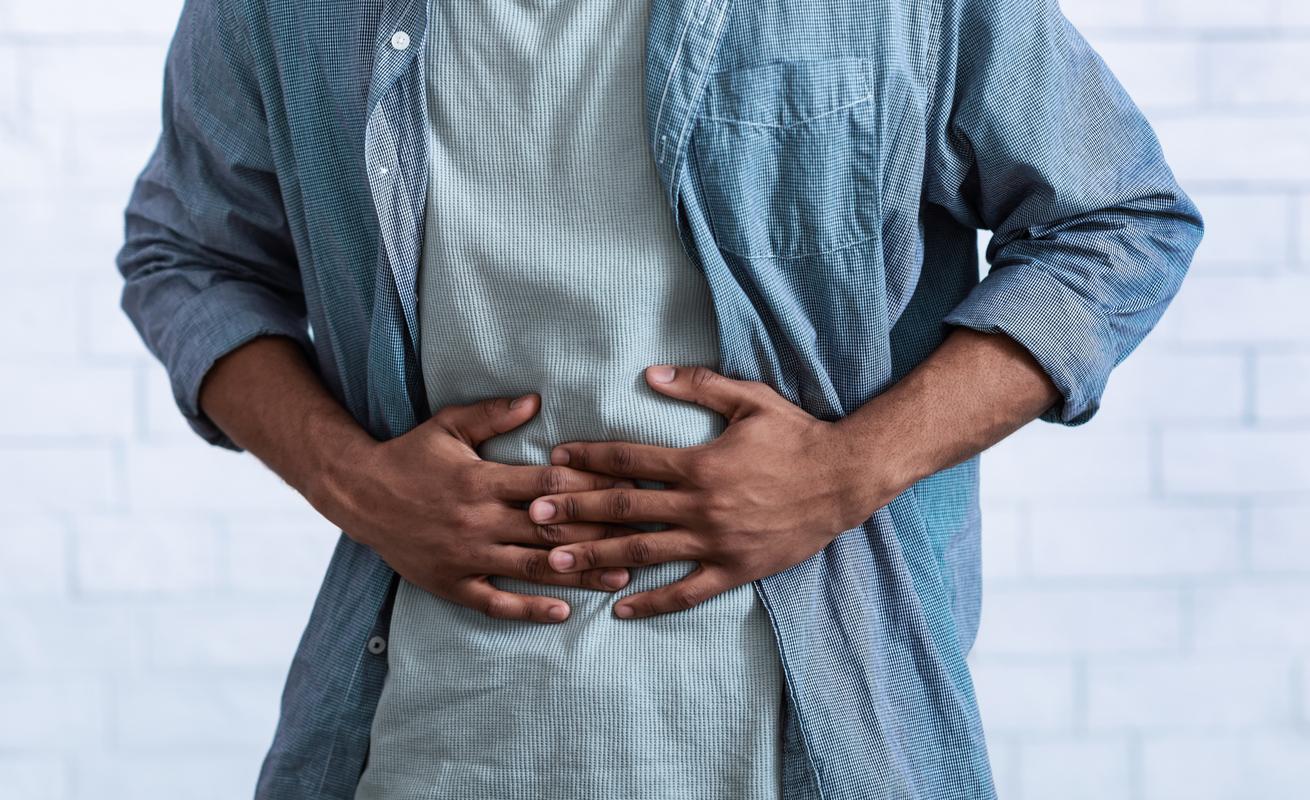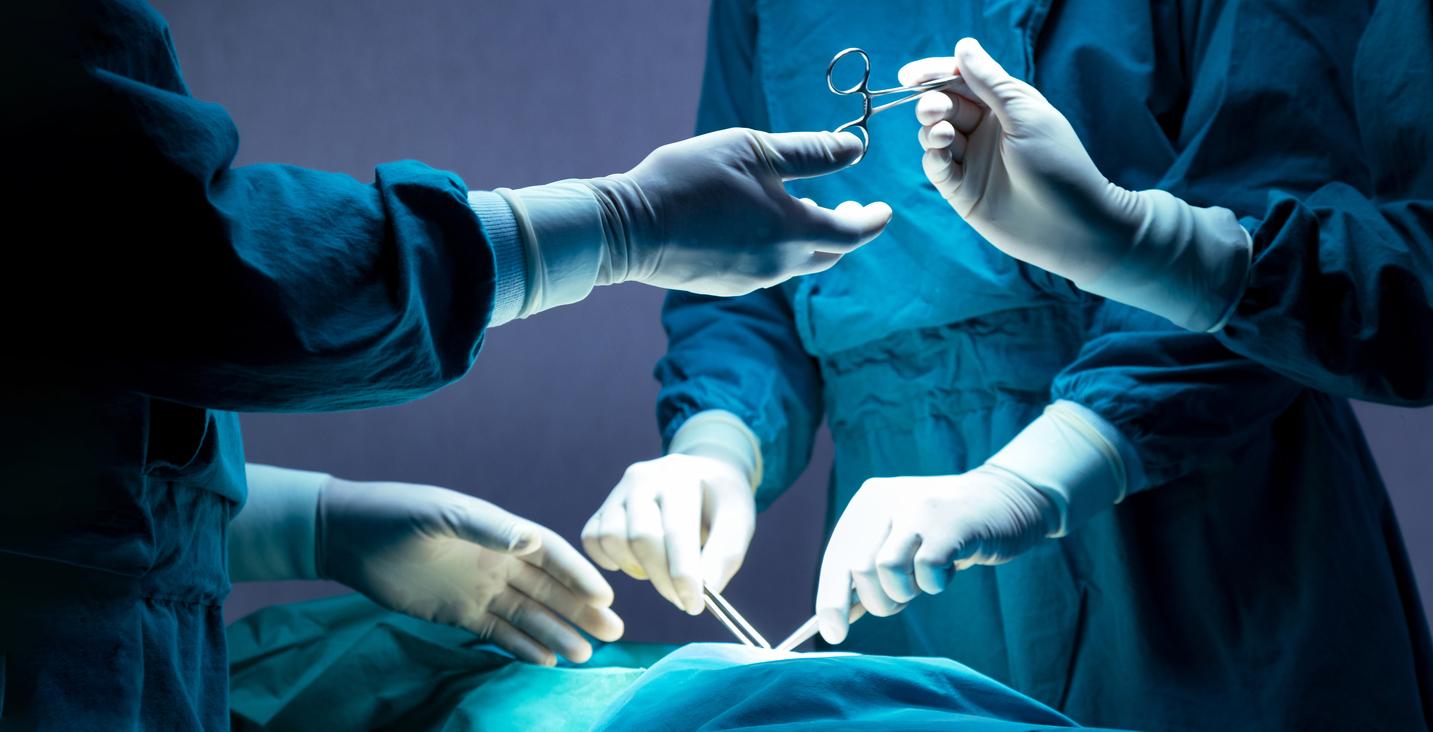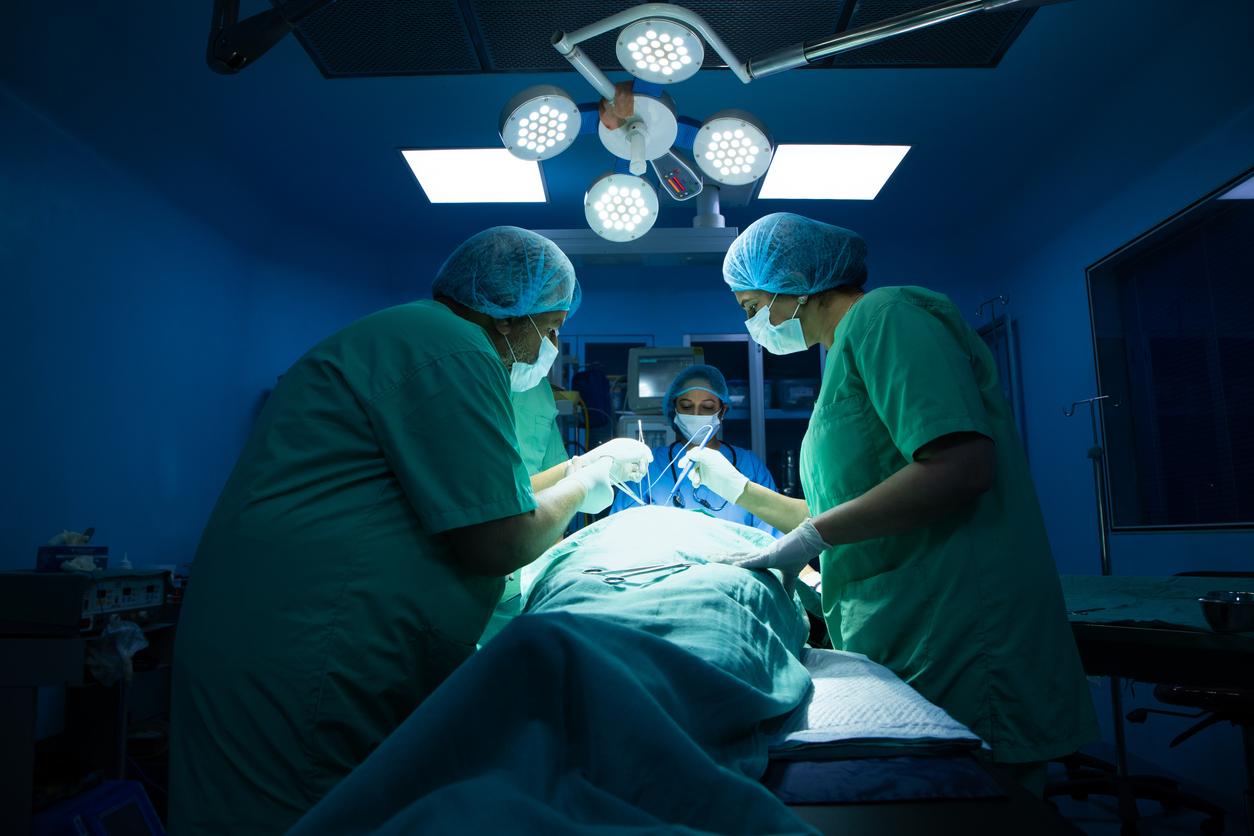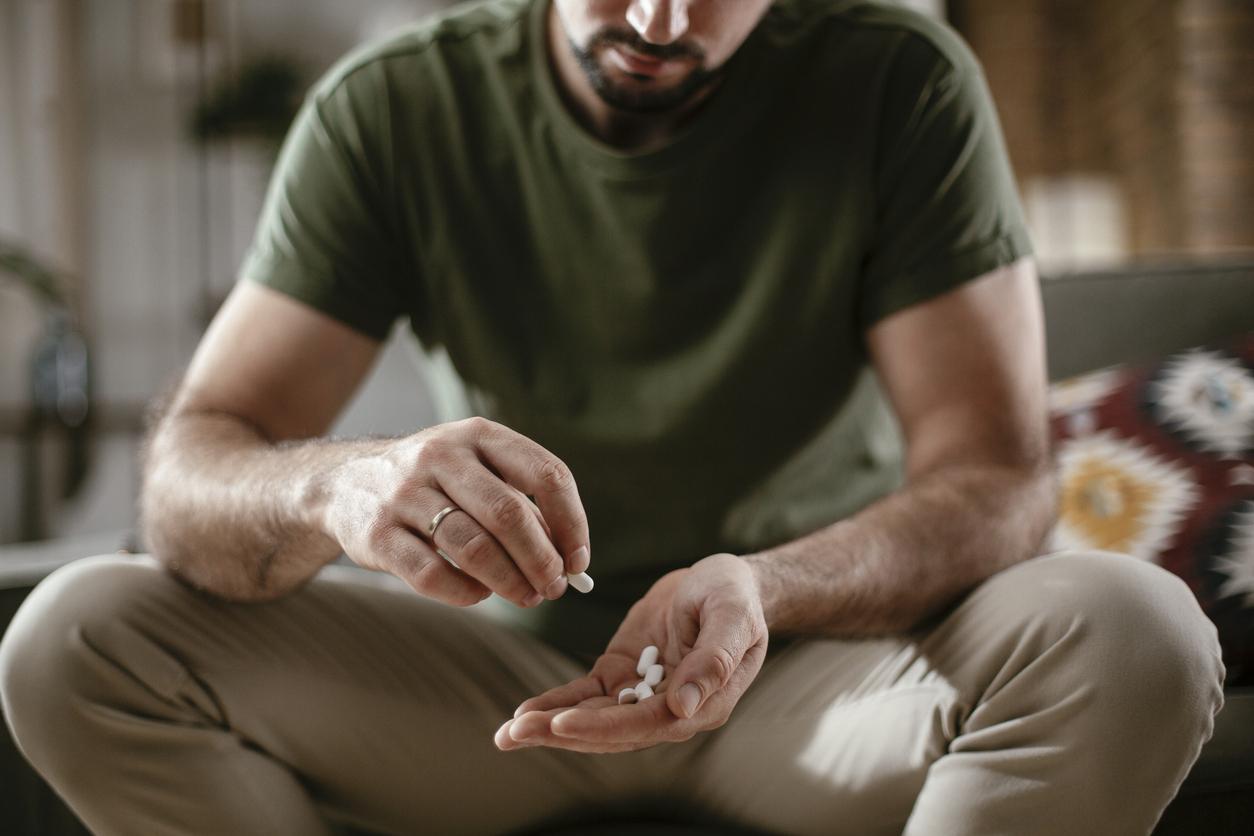Headphones, screws, safety pins, bolts, chains… After ingesting these different objects, a thirty-year-old suffering from a mental disorder had to undergo surgery.

- Due to persistent stomach ache and fever, Kuldeep Singh went to the hospital.
- While performing an X-ray, doctors discovered more than 60 metal objects inside his stomach and had to operate on him.
- The 30-year-old suffered from Pica disease, which involves regularly consuming non-food products.
In India, Kuldeep Singh, 35, went to the hospital on Tuesday, September 26, because he had been suffering from stomach aches and fever for two years, according to the British daily Mirror. To make a diagnosis, doctors asked him to take an x-ray. The results of the examination revealed that the patient had more than 60 metal objects inside his stomach. “We found padlocks, chains, nuts, bolts, headphones, safety pins, magnets, shirt buttons and zippers. So we decided to operate on him,” Ajmer Singh Kalra, director of the hospital, told the newspaper. The surgical procedure, carried out by a surgeon and a gastroenterologist, lasted approximately three hours. “As he had eaten sharp objects, his stomach had serious injuries. Although the operation was carried out successfully, he is still on a ventilator and his condition is critical,” said Ajmer Singh Kalra.
Pica disease: doctors diagnose it by determining what the patient eats
After the surgery, practitioners concluded that the 30-year-old was suffering from Pica disease. According to the MSD Manualit is an eating disorder which consists of regularly consuming things that are not food. “Doctors typically diagnose this condition when a person over the age of two has been eating non-food items (such as paper, clay, dirt, or hair) for at least a month.” If they suspect this mental disorder, they will assess the nutritional status and check the patient’s weight and the presence of nutritional deficiencies. “Sometimes, pica is diagnosed when a person has symptoms of digestive tract obstruction (such as severe cramping or constipation) or lead poisoning and is taken to the emergency room or doctor’s office. “
Behavior modification techniques against compulsions
To date, there is no specific treatment to cure Pica disease. However, behavior modification techniques can help patients stop unwanted behaviors while learning “desirable behaviors”. Blockages in the digestive tract may require surgery. Pica may last for several months and then disappear spontaneously, especially in children, according to the MSD Manual.















